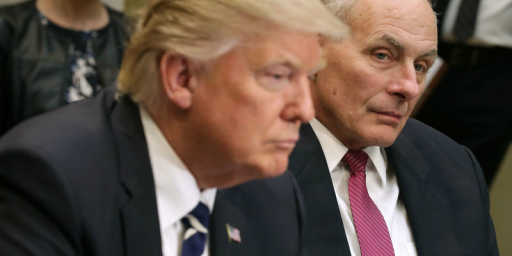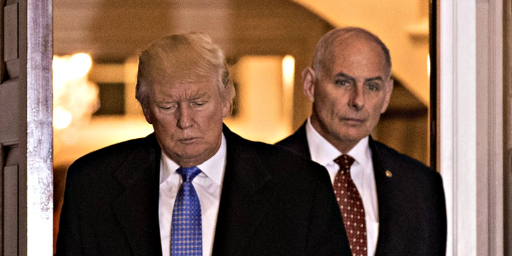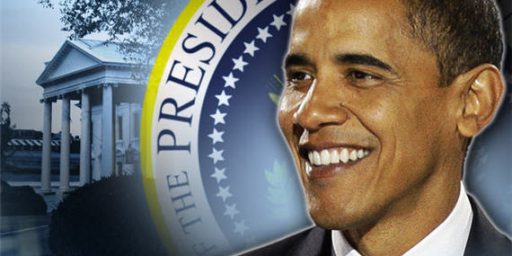MEDIA COVERAGE OF THE WAR
Howard Kurtz believes embedding reporters with the troops was a great success , not only leading to more accurate reporting but also creating an atmosphere of mutual respect between soldiers and the press:
No less a media critic than Vice President Cheney told newspaper editors that there has been “some outstanding reporting. I suspect the arrangement has also led to greater respect all around. For their part, the troops have come to know reporters who are willing to accept the hardships and dangers of war in order to get the story right.”
The public got an unvarnished view of the battle for Iraq. Earlier fears that the embeds would serve as military publicists were largely dispelled by a series of raw, sometimes unflattering reports when things went wrong and civilians got killed. To be sure, some stories had a rah-rah tone, and the blur of televised dispatches sometimes created the hour-by-hour impression that the war was going badly. That left journalists and viewers alike struggling to put together a coherent picture.
One reason the coverage drew high marks — 74 percent approval in a Pew Research Center poll — is that folks could see the disheveled correspondents slogging through the sandstorms along with the grunts, no hair spray in sight. And the deaths of Michael Kelly and David Bloom underscored the grave risks involved.
Kurtz also weighs in on the CNN and Agonist scandals and the early-war doomsaying.
Lack of trust and empathy between reporters and the military has been sorely lacking since Vietnam. Since the abolition of the draft 30 years ago and, really, since the 1960s when one could avoid military service by going to college, few reporters have had military experience. And soldiers have believed, with some justification, that the media held them in contempt and were undermining their efforts. A resurrection of good relations is a very positive development indeed.
Update (13:45): Occam’s Toothbrush has more on this topic.





